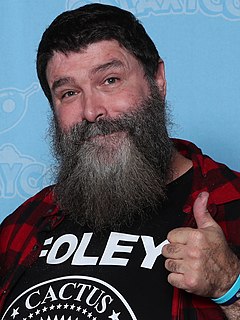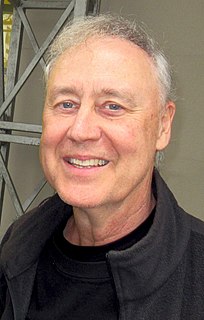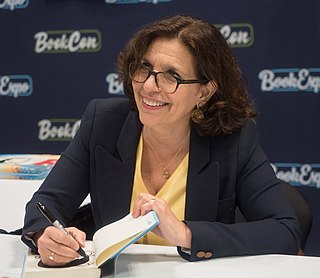A Quote by Emily Gould
When you write in the third person, you get to imagine other people's interiority.
Related Quotes
I don't like the strictly objective viewpoint [in which all of the characters' actions are described in the third person, but we never hear what any of them are thinking.] Which is much more of a cinematic technique. Something written in third person objective is what the camera sees. Because unless you're doing a voiceover, which is tremendously clumsy, you can't hear the ideas of characters. For that, we depend on subtle clues that the directors put in and that the actors supply. I can actually write, "'Yes you can trust me,' he lied." [But it's better to get inside the characters' heads.]
I'm finding things out about myself as a person - as a writer - as I write, and so are the people who listen to what I do. But they have this additional aspect of how they take the stuff that I do, and so it broadens the work and it creates this strange connection. It's really a way of strangers communicating through this third thing, which is a body of work. But really, I know it's a cliché to say I write for myself, but I write for myself.
We're going to open up the libel laws. So when they write falsely, we can sue the media and we can get this story corrected and get damages. I would absolutely work to open up the libel laws. If you write something that's wrong, and at least, knowingly wrong but wrong, a person like me and other people can bring a lawsuits to have it corrected and to get damage.
Songwriters I've always been drawn to are people who deal with something of depth in the lyric writing. ...I've always been influenced by the folk song, the storytelling tradition in folk music. And so for years I wrote mostly story songs. I still do that, but as I've gone on, it's gotten a little more personal. I used to write mostly in the third person. I write a little more in the first person now.
It's like people you see sometimes, and you can't imagine what it would be like to be that person, whether it's somebody in a wheelchair or somebody who can't talk. Only, I know that I'm that person to other people, maybe to every single person in that whole auditorium.
To me, though, I'm just me. An ordinary kid.
You don't have to be the best guitar player, or have the best voice, or even be the best looking person - writing a song that moves people is worth more than all the other nonsense. (Just look at Bob Dylan - he's got almost no vocal range at all, but his songs are deeply moving and iconic.) If I had to offer one piece of advice: Write a song that moves people, and write it from within yourself. Your personal narrative is more engaging and moving than anything else you can imagine in your mind.
I'm a morning person because I learned to write my novels while still practicing law. I would get to the office at 6:30 a.m. and write until other people arrived, around 9. Now I still do that. I start at 6:30 or 7, and I'll write until 11, then take an hour off, then work until about 2 p.m. By then my brain has had enough.
It is truly excellent to have someone believe in you and your ability to write. But I think it is just as helpful to have people who don't believe in you, people who mock you, people who doubt you, people who enrage you. Fortunately, there is never a shortage of this type of person in the world ... write for yourself. Write for the story. And write, also, for all of the people who doubt you. Write for all those people who are not brave enough to do this grand and wondrous thing themselves. Let them motivate you.





































